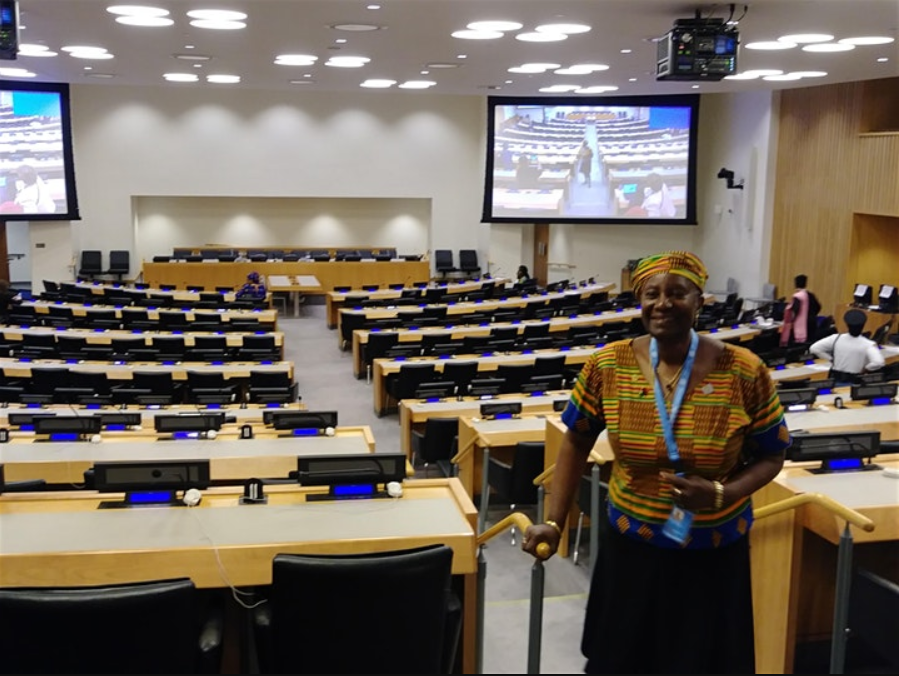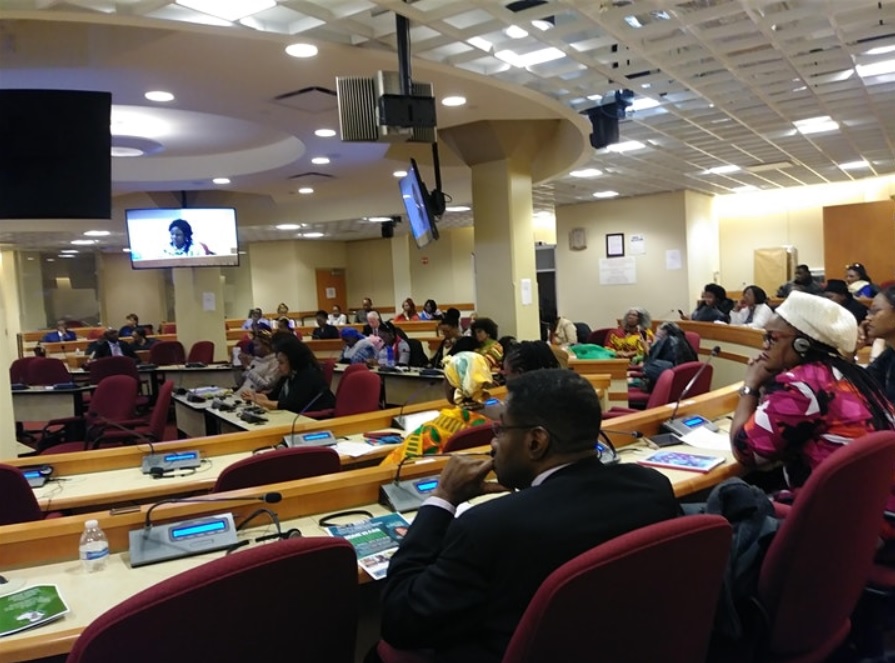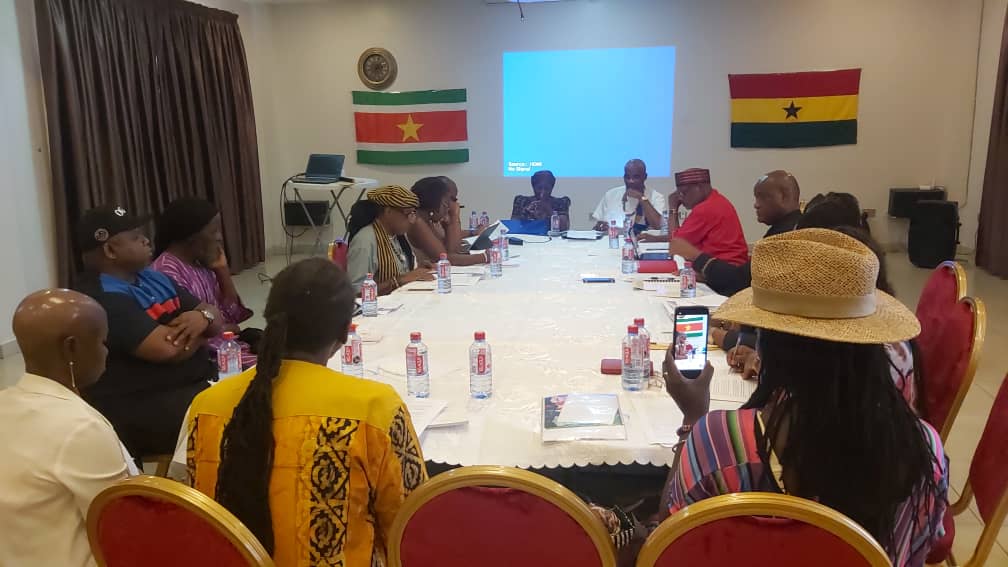
African diaspora decade of return 2020-2030
Learn more about the Decade of Return.
The value of Pan Africanism
The first Pan African Conference in 1900 in London set the Agenda for the entire 20th Century with regard to the liberation of the African Continent and its Diaspora. The concept of Pan Africanism was born in 1900. It remains the most powerful and mobilizing factor for Africans globally in this 21th century.
Amongst the pioneers of this movement were Henry Sylvester Williams, William E.B. Du Bois and Bénito Sylvain. Sylvain, a Haitian, was the honorary consul of Ethiopia. The fifth Pan African Congress in Manchester, England in 1945 was a major turning point in the whole movement for the independence and liberation of the African Continent which began with the independence of Ghana on the 6th of March 1957.
Kwame Nkrumah became the first Head of State. Thereafter several African Countries received their independence. As soon Nkrumah became the Head of State he issued a Call to all Africans in Diaspora to come home. Several African Diasporans responded to the Call. Read more.
Pan Africanists throughout the years
Diasporans as development bridge-builders and agents of change
In 2020, we are on the eve of the 5 years mid-term review of the UN international Decade for People of African Descent; in 2021, 20 years of commemoration the Durban Declaration an Program of Action (DDPA). And in the middle of those processes was the Ghana Year of Return. A Year at the crossroads of the transition to a new decade 2020. A Year whereby thousands of African Diasporans, many in united partnerships accepted the invitation of the Ghana President. Each in its own way. This has more than ever, made it clear that the African Diasporans are ready for reunification.
The required task to bring this engagement to fruition is to the ending of the slow pace of the implementation of the May 2012 Sixth Region African Union African Diaspora Declaration. The Year of Return has brought to light that what we already knew; that many Diasporans are living with a growing sense of responsibility to do something for the continent they were forced to leave behind physically, but not emotionally, and they remain concerned with the painful daily reminders that “while Africa”, so to speak “regresses the rest of the world progresses”.
Many of the Diasporans also feel that they are now in strategic positions within their host countries to facilitate the process of transnational activities and networks to help Africa move forward, and to act as development bridge-builders between Africans abroad and Africans on the continent and agents of change.
Enter the gate of return

Background
Ghana Year of Return not in a vacuum
The Year of Return declared in September 2018 in Washington DC by the President of the Republic of Ghana, Nana Akufo-Addo, with reference to the 400-year remembrance of the trans-Atlantic slave trade and the enslavement of African people does not stand by itself nor is it a vacuum. The Year of Return must be considered as an event in the series of various instruments that have been established in the framework of declarations and resolutions on the People of African descent in the past twenty years.
• The several Resolutions and Declarations on Reparatory Justice commencing from the Abuja Proclamation of the First Pan-African Conference for Reparations for Chattel Slavery, Colonisation & Neocolonisation 1993.
• The Durban Declaration and the Programme of Action 2001.
• The installation of the UN Working Group of Experts on People of African Descent 2002.
• The UN Durban Review 2009.
• The UN High level Panel on the 10th year commemoration of the DDPA.
• The UN International Year for People of African Descent 2011.
• The UN International Decade for People of African Descent 2015-2024.
• The European Parliament Resolution on the Fundamental Rights of People of African Descent 2019.
• This year the CSW63 adopted a paragraph in the consolidated outcome in the sphere of the UN International Decade for People of African Descent.
• Regional Conferences on the UN International Decade for People of African Descent in cooperation with the African Union and the CIDO (Citizens and Diaspora Organizations Directorate).
The Initiative
The IDEA for an African Diaspora Decade of Return came from the AU African Diaspora 6th Region Community Council Europe in cooperation with the Global African Diaspora Union (EU) soon after the launching of the Ghana Year of Return. The Year was seen as an excellent opportunity and strategy for the fast(er) and effective implementation of the AU Diaspora 6th Region Declaration. The TONE was set during the 63rd session of the United Nations Commission on the Status of Women (CSW63) that took place at the United Nations Headquarters in New York from 11 – 22 March 2019. At the parallel session on March 16th 2019 co-convened and sponsored by the The DRAMMEH INSTITUTE with BringBackOurGirls NYC, Murtala Muhammad Foundation, Red de Mujeres Afrolatino americanas, Afrocaribeñas y de la Diáspora, Tiye International, and European Women’s Movement ‘Sophiedela’ the IDEA of the African Diaspora Decade of Return was discussed and adopted. This was also the Day that the Launching of the Global African Women’s Day took place. On March 20th at the parallel session organized by ECOWAS
WOMEN and The GLOBAL AFRICAN SHEROES UNION in partnership with other African Women’s Movements the IDEA of the Decade of Return was approved. Read further in the agreed conclusion. Read more.
The ACCRA Declaration
The Decade of Return was officially adopted during the African Diaspora RootsSynergy Roundtable discussion which took place on November 5th, 2019 in Accra/Ghana with support of the Sonant Court Hotel. The Context of the Roundtable activity was the “Ghana Year of Return” and initiated by the Global Pan-Africanists and Activist.
The ACCRA DECLARATION is the result of the statements, debate and the decision-making process during the RootsSynergy Roundtable.
In the ACCRA DECLARATION we have given insight into what has been discussed, concluded and agreed upon as well the issues of concern that ask for immediate attention and action by the African Union Commission; The African Union Head of States; The United Nations Member States; Head of Governments and other Stakeholders. We Call on the United Nations Member States for the full implementation of The Durban Declaration and Programme of Action and The UN International Decade for People of African Descent and Programme of Activities.
We have given insight into the substances for the legitimization respectively adoption of the African Diaspora Decade of Return by the African Union Commission.
We recommend that the Programme of Activities for the implementation of the Decade of Return must be developed in close cooperation with an appointed “Technical Working Commission Decade of Return” with a consultative voice for the Ghana Presidency Commission Year of Return, because of the learning and experience aspects. We request that a Secretariat for the implementation of the Decade of Return inclusive Knowledgeable and well-informed Diaspora Cadres should be placed under the Diaspora Department of the AU Commission. This Secretariat would have the mandate and responsibility to drive the entire process of the Decade of Return: 2020-2030.
Value of the Decade of Return
With the Decade of Return we give the Ghana Year of Return a broader face, a wider perspective. It is an irreversible process. It provides a Global Instrument not only for the Africans abroad but for the liberty & reunification of all African people.
Spiritual Journey
The Return to Ghana or anywhere on the continent can also be seen as a spiritual journey that is an autodidactic step towards self-repair. We individually, and our hosts, must take into account the matter of spiritual reparations that inform our renewed presence on the African
continent. With a Decade of Return we Africans in the Diaspora make ourselves responsible for the effectuation of the Sixth Region Initiative. But we can never succeed without the so called African Union Support Systems. These must be put in place to facilitate our Return as a metaphysical phenomena/journey, as well as, a socio-political and economic reality. That means that there must also be traditional African spaces of worship as well as, mosques, churches, temples and their respective staff must be a part of the process of facilitating our Return to the continent. They are an integral part of the means by which People of African Descent are informed of the DDPA and its importance to us as formerly enslaved and ‘formerly’ colonized peoples.

Organization
The Global African Diaspora Decade of Return Organization is a Coalition of Pan-African Movements, African Diaspora Organizations, Networks, Experts and other Activists and African (Union) Stakeholders. The Organization exist of the Initiators group, the executive project group and the supporters group. Take a look at the full lists of names below.
The Initiators group
Region Community Council Europe; in cooperation with the African Diaspora Union.
– The Drammeh Institute
– The Global African Sheroes Union
– The Teaching Artists Institute
– The ECOWAS Women Organization
The Executive Project group
– Nyahuma Obika (Caribean)
– Line Hilgros (Caribean)
– Iman Drammeh (The Americas)
– Angela Sayles (The Americas)
– Professor Dr. David Horne (The Americas)
– General Ishola Williams (Africa)
– Bishop Dr. Chidiebere Anelechi Ogbu (Africa)
– Michael Nkrumah PA (Africa)
– Dr. John Nze Bertram (Australia/Asia)
African Union State Members

Links
African Union African Diaspora Decade of Return
Links to AU Organs
Link to Partner Caricom
Link to 25 May 2012 African Union African Diaspora Summit
UN International Decade for People of African Descent
Leave your email behind for monthly updates
Feel Free To Contact Us
If you want to get in touch with us, send an email to info@decade-of-return.com.




